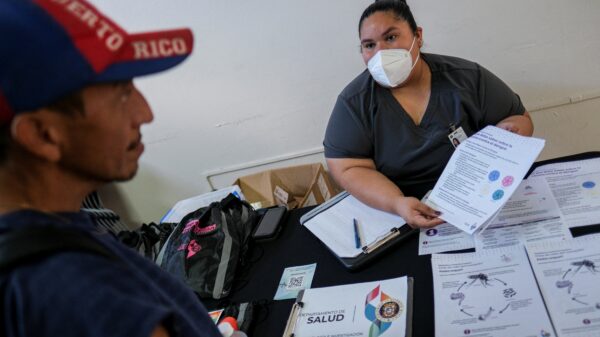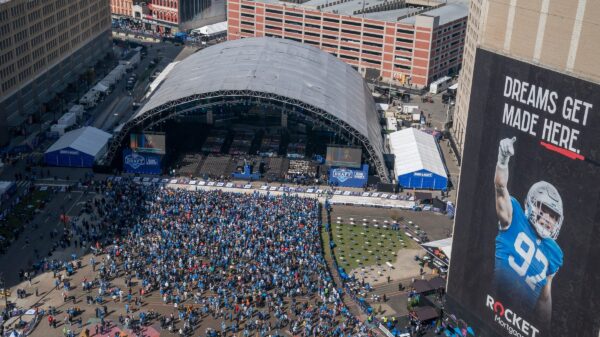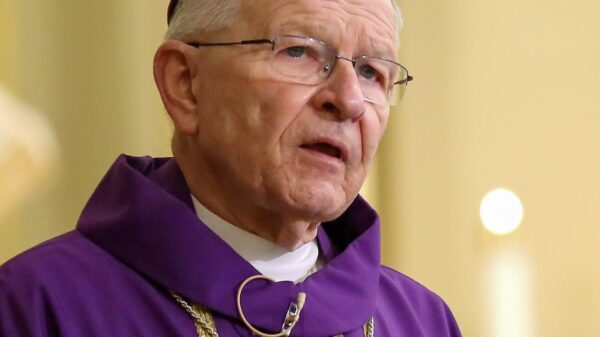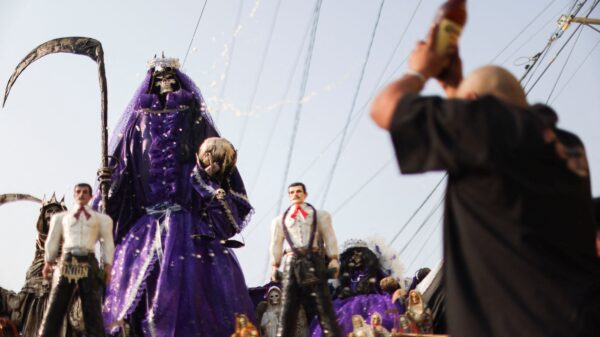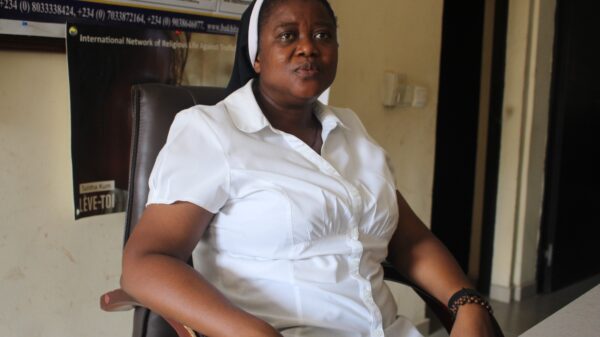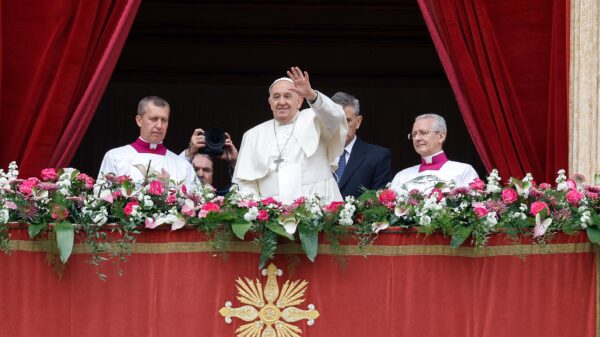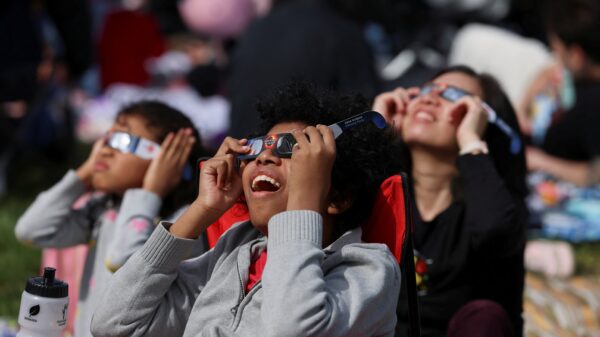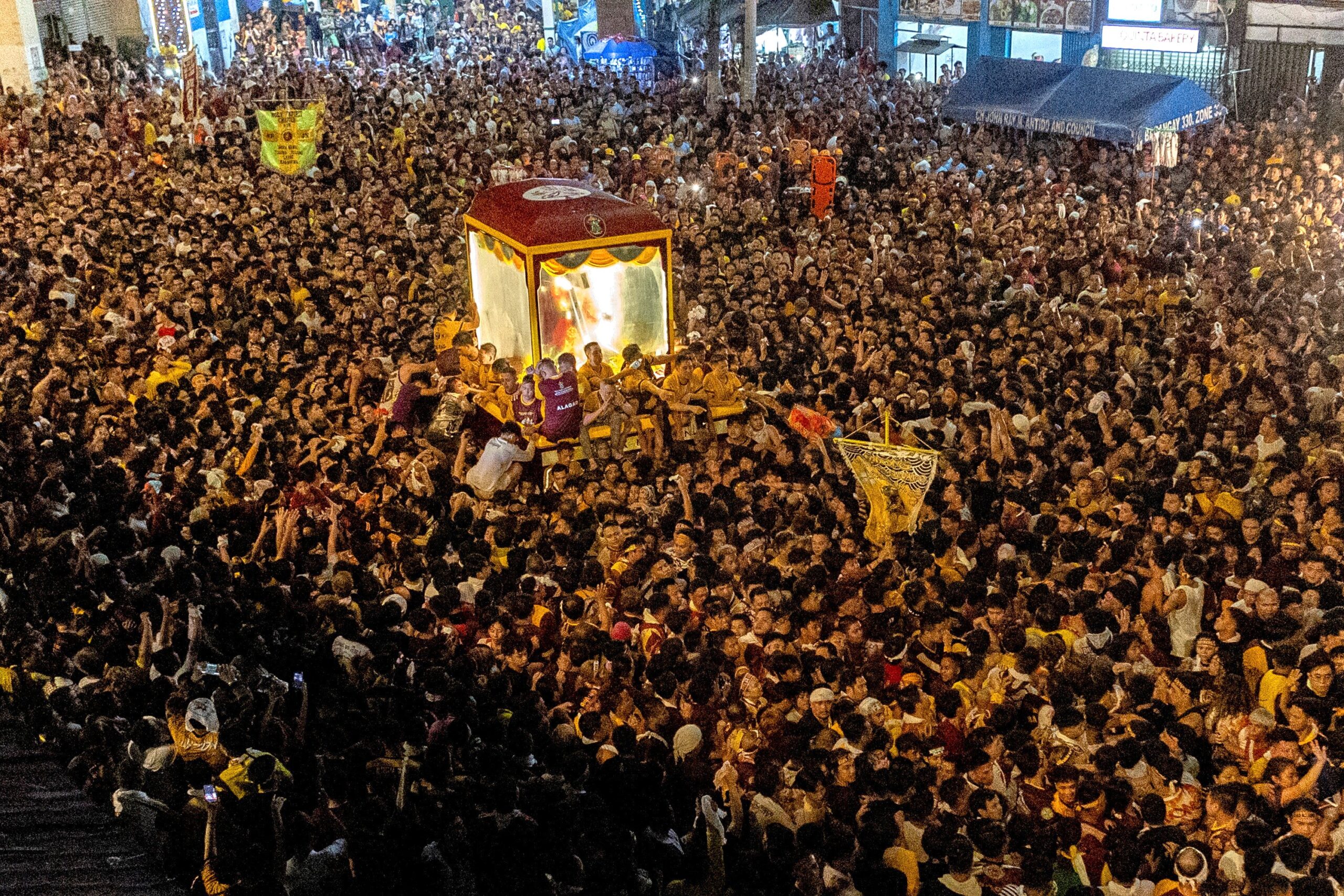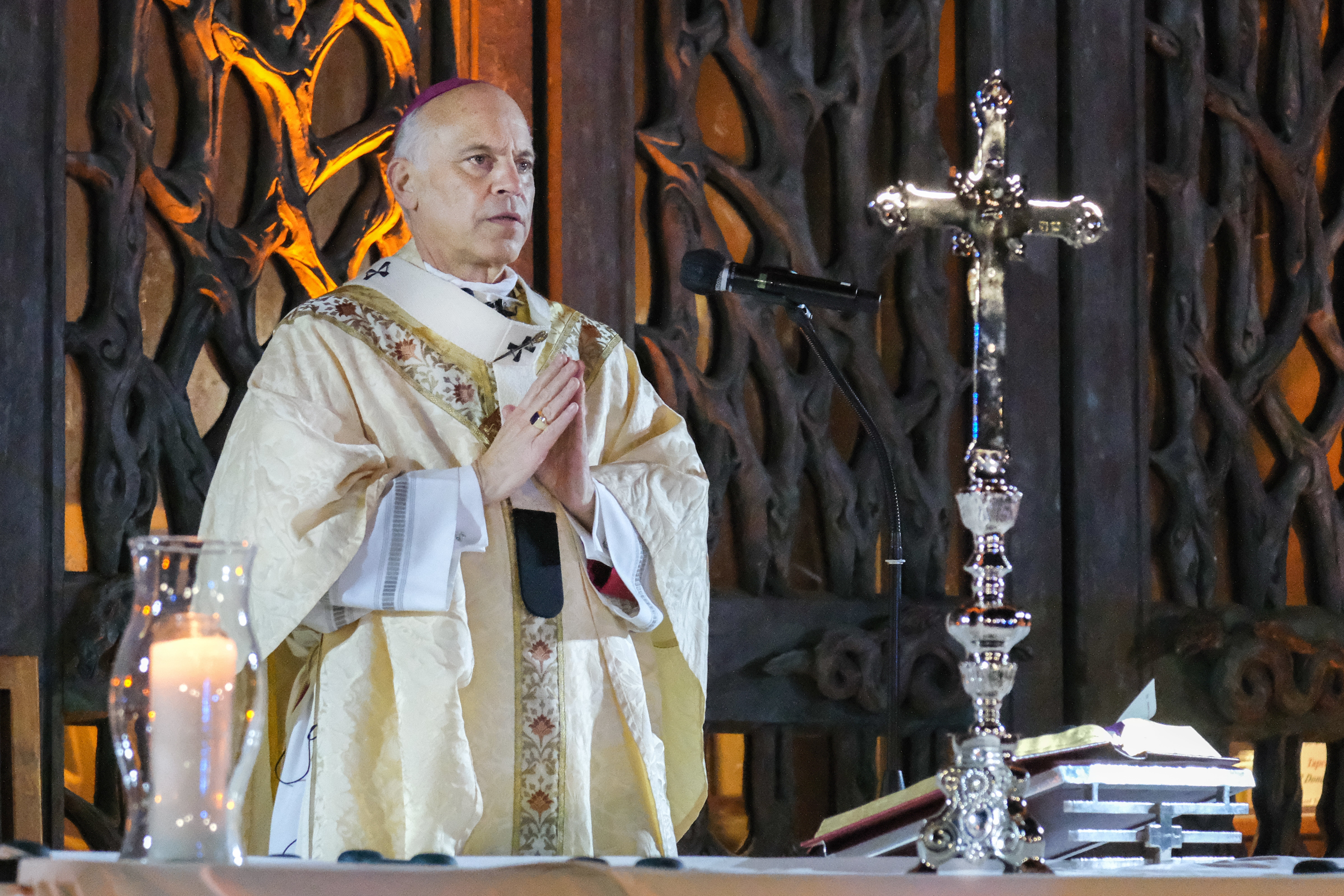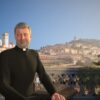MANILA, Philippines (OSV News) — In one of the largest religious festivals in the world, the Catholic procession of the Black Nazarene in Manila brought millions to the streets, often causing chaos.
Even though early estimates said that 800,000 people attended, the final count said that 6 million people walked in the procession with the historic Black Nazarene statue of Christ in the Philippine capital Manila Jan. 9. It was the first procession with the life-size statue since 2020; during the COVID-19 pandemic the traditional event was canceled.
The wooden statue, carved in Mexico and brought to Manila early in the 17th century, is cherished by Catholics, who believe that touching it can lead to a miracle.
“I believe that the Nazarene will give what we are all praying for — we just have to wait, but he will give everything,” Renelinda de Leon, 64, told AFP at the start of the procession.
More than 15,000 security personnel and medical staff were deployed along the 3.7-mile route from Rizal Park to the Minor Basilica of the Black Nazarene, also known as Quiapo Church. According to local media reports, there were chaotic scenes as worshippers repeatedly tried to climb onto the wagon carrying the statue of Jesus.
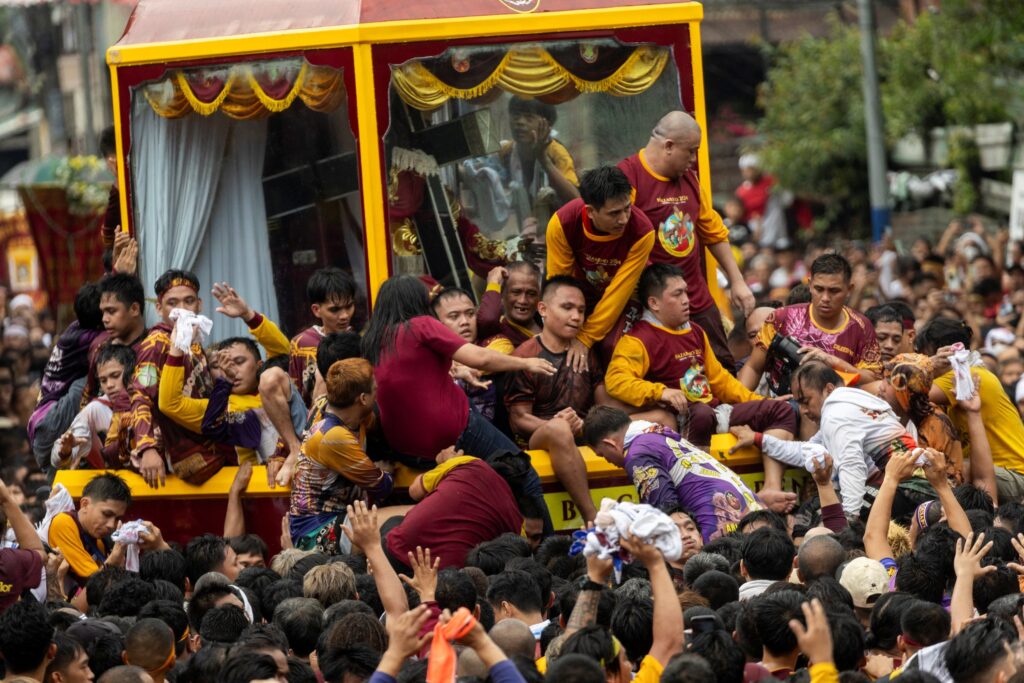
“I am very pleased the old system is back and we get to do this again,” said Jonathan Rancho, 52, told Reuters Jan. 9. He had traveled with his wife and two children from Bulacan province to Manila to join the procession.
“I prayed that hopefully this year our livelihoods will get better, I hope that my work will be a success and we will be given a prosperous life so I may fulfill my obligations to my family,” Rancho added.
There were chaotic scenes as the feverish march got under way before dawn following an open-air Mass in a seaside park in Manila.
For the first time, the statue was transported in a bullet-proof glass case to protect it from damage. The procession, in which many participants walk barefoot, usually lasts 18 to 22 hours. It is one of the most popular religious festivals in the predominantly Catholic Philippines and is considered one of the largest religious events in the world.
The procession began in the rain in the early hours of the morning after a church service led by Manila’s Archbishop Cardinal Jose Advincula in Rizal Park. In his homily, Cardinal Advincula called on the faithful to be “models” of the life of Jesus Christ.
The centuries-old statue of the Black Jesus Christ is considered the greatest object of devotion for Filipino Catholics. The life-size statue, probably made by an Aztec artist in Mexico, was brought to the Philippines by Spanish missionaries in 1606 and is kept in Quiapo Church.
Contributing to this report was KNA International, an English-language news service covering the Catholic Church in Germany, Austria, Switzerland and Luxembourg.



